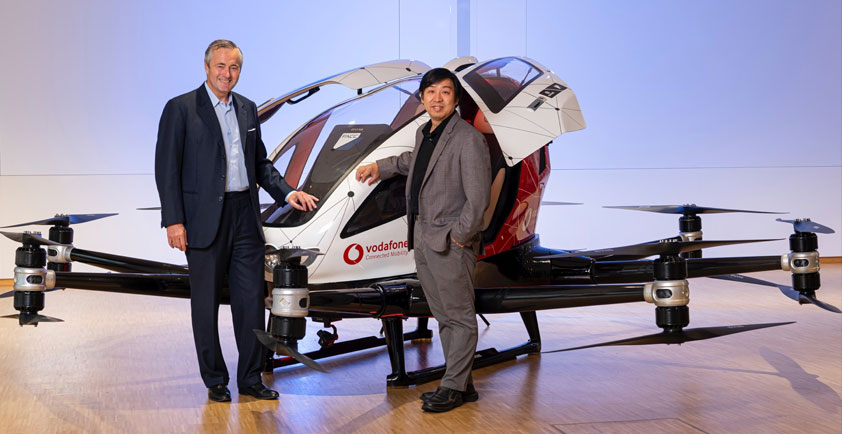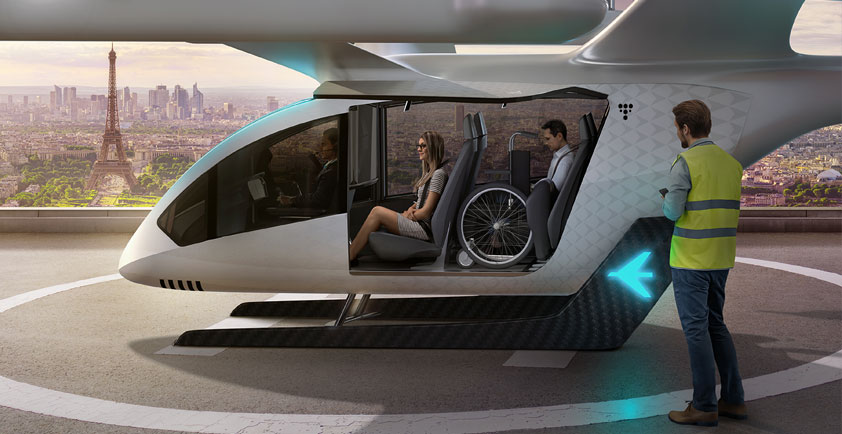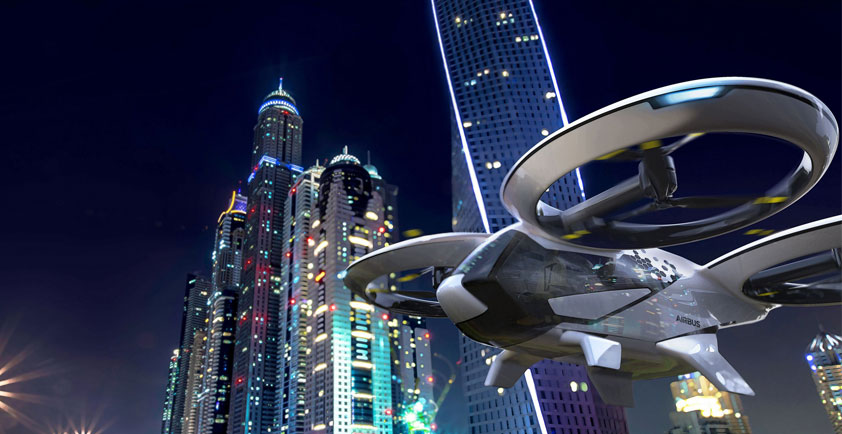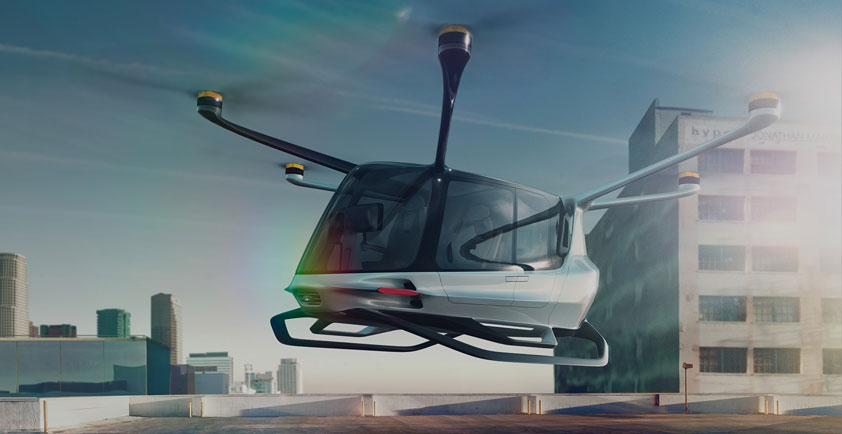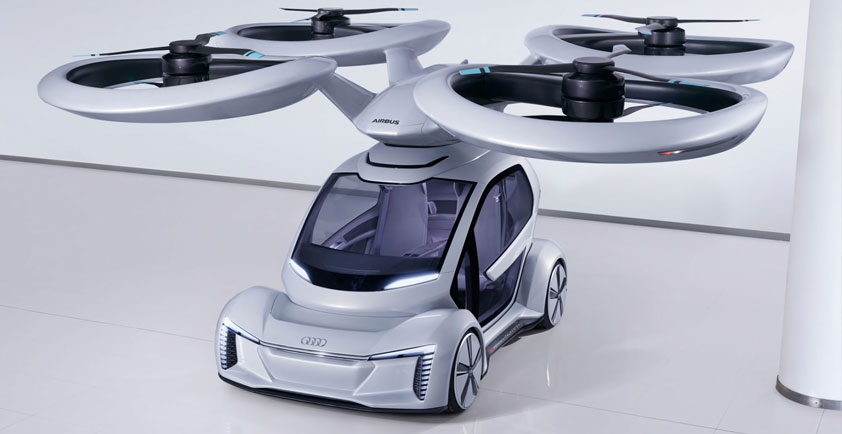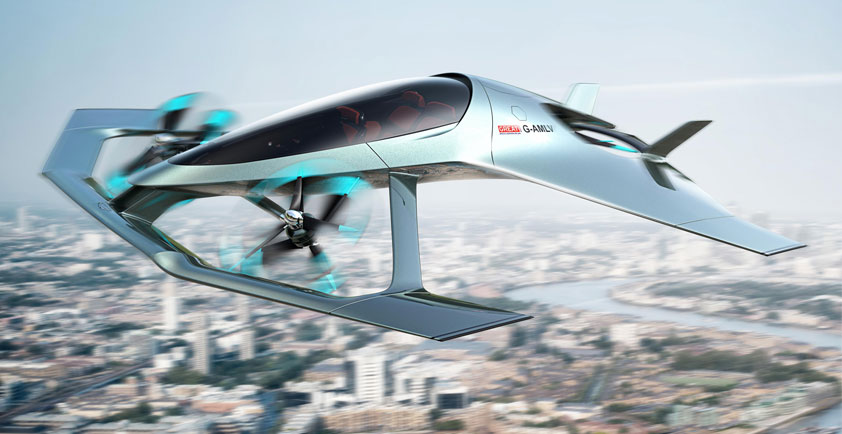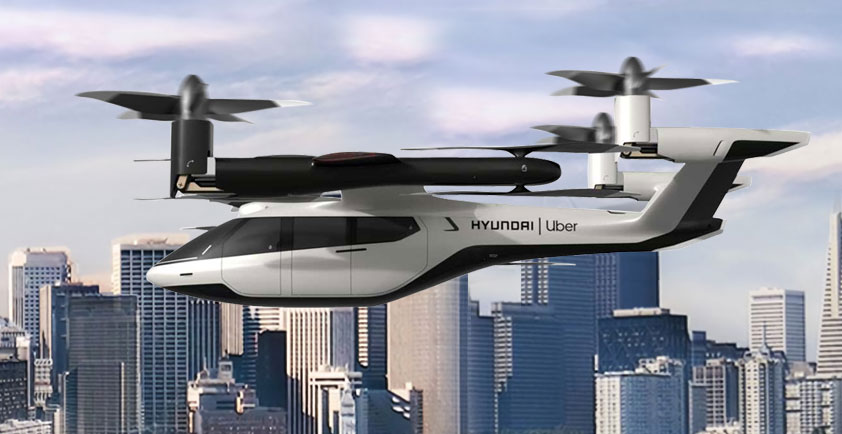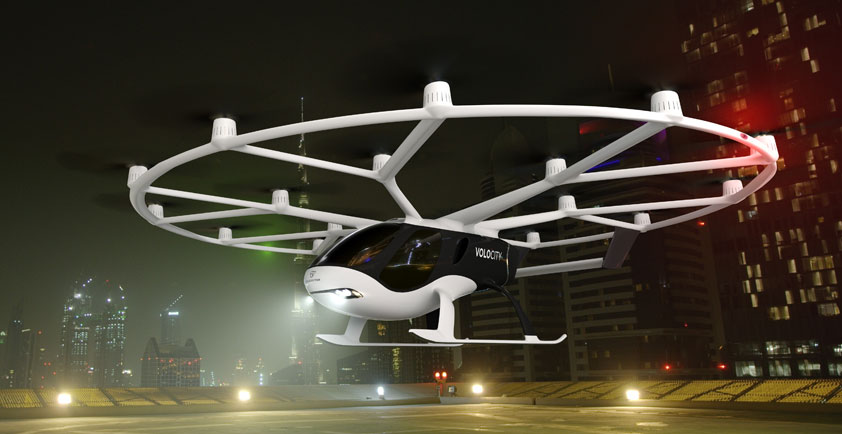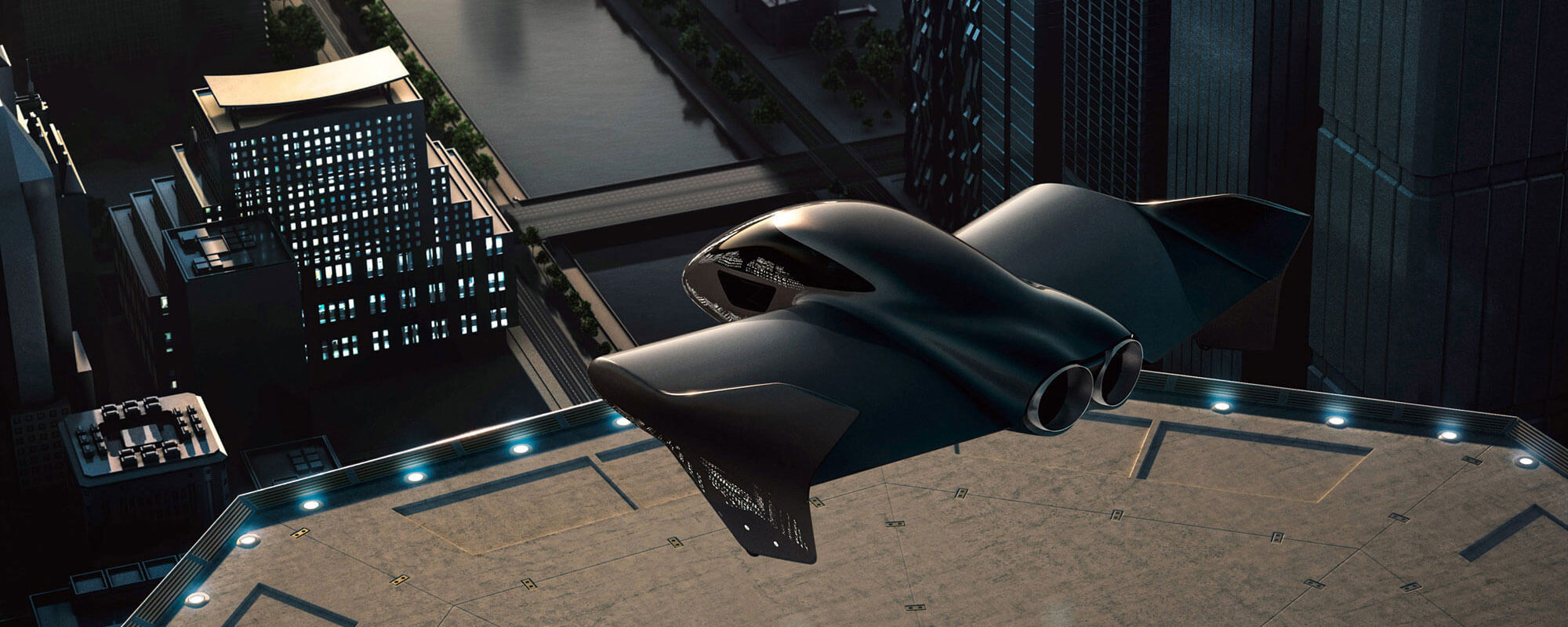
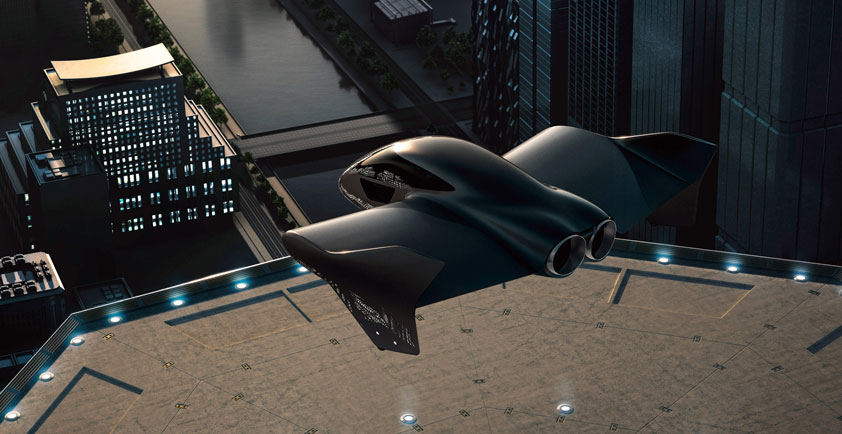
PORSCHE AND BOEING TO PARTNER ON PREMIUM URBAN AIR MOBILITY MARKET
Porsche and Boeing signed a Memorandum of Understanding to explore the premium urban air mobility market and the extension of urban traffic into airspace. With this partnership, both companies will leverage their unique market strengths and insights to study the future of premium urban air mobility vehicles.
“Porsche is looking to enhance its scope as a sports car manufacturer by becoming a leading brand for premium mobility. In the longer term, this could mean moving into the third dimension of travel,” says Detlev von Platen, Member of the Executive Board for Sales and Marketing at Porsche AG. “We are combining the strengths of two leading global companies to address a potential key market segment of the future.”
As part of the partnership, the companies will create an international team to address various aspects of urban air mobility, including analysis of the market potential for premium vehicles and possible use cases.
Boeing, Porsche and Aurora Flight Sciences, a subsidiary of Boeing, are developing a concept for a fully electric vertical takeoff and landing vehicle. Engineers from both companies, as well as Porsche subsidiaries Porsche Engineering Services GmbH and Studio F.A. Porsche, will implement and test a prototype.
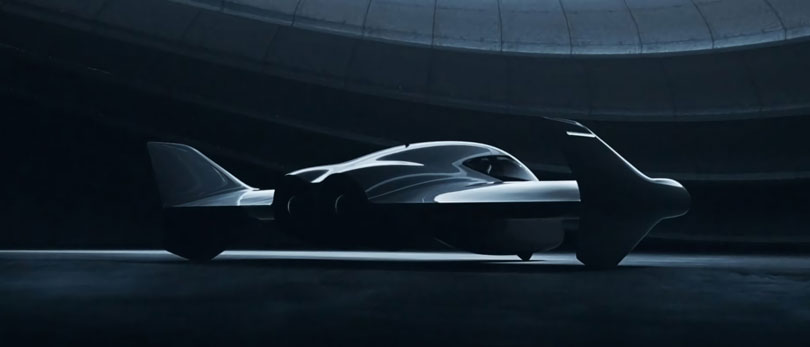
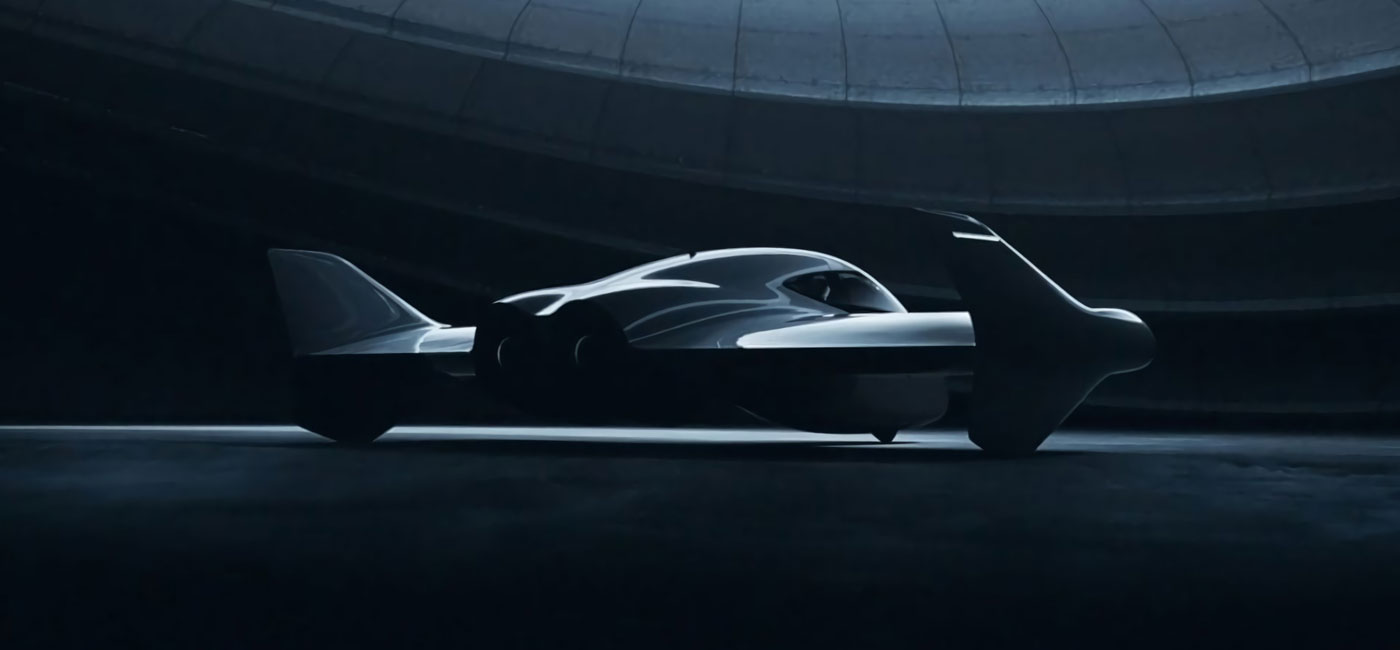
“This collaboration builds on our efforts to develop a safe and efficient new mobility ecosystem, and provides an opportunity to investigate the development of a premium urban air mobility vehicle with a leading automotive brand,” said Steve Nordlund, Vice President and General Manager Boeing NeXt, an organization that is laying the foundation for a next-generation mobility ecosystem in which autonomous and piloted vehicles can safely coexist. “Porsche and Boeing together bring precision engineering, style and innovation to accelerate urban air mobility worldwide.”
A 2018 study by Porsche Consulting forecasts that the urban air mobility market will pick up speed after 2025. The study also indicates that urban air mobility solutions will transport passengers more quickly and efficiently than current conventional means of terrestrial transport, at a lower cost and with greater flexibility.
